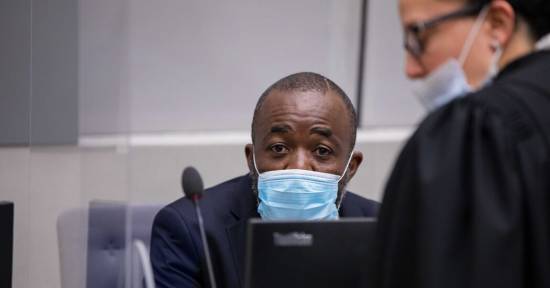International Court Accuses Two Central African Militia Leaders of Assaults on Muslims Featured
“The objective of their strategy was to reclaim power. The means, the consequences — unfortunately that’s why we’re here,” he said, including that Mr Ngaïssona was “fully aware that the group, he was helping to structure, arm, finance, instruct, and organize would inevitably target the Muslim civilian population in western C.A.R. He knew the vengeance within them.”
Each man pleaded not responsible.
“I don’t recognize myself in the charges brought against me,” Mr Ngaïssona said.
“I have understood everything, and I categorically say that these charges are not correct,” Mr Yékatom said.
Their trial is expected to final for around two years.
Perpetrators among the many Seleka are being investigated and also will face justice earlier than the Netherlands-based court, the prosecutor said. A Seleka leader, Mahamat Said, was handed over to the I.C.C. in January.
“There’s tragedy enough to go all around,” Mr Vanderpuye said.
The fact that Seleka and anti-balaka rebels had teamed as much as disrupt December’s election confirmed that the battle was not a religious one at a community level, said Anthony Fabrice Kettemalet, a human-rights activist and schoolteacher who based Bird of Peace, an organization that promotes nonviolence within the Central African Republic. Fairly, he said, politicians had used religious divides as software to govern people and acquire political power.
“We’ve lived for 50 years without justice,” Mr Kettemalet said. “We hope that it’s just the first step in a long journey.”
Efforts to strive perpetrators at home are underway, too. The Central African Republic set up a Special Prison Court in 2015, and although it has not but held a trial, it’s finishing up investigations. It’s reliant on the United Nations and doesn’t have sufficient funding, nevertheless.


